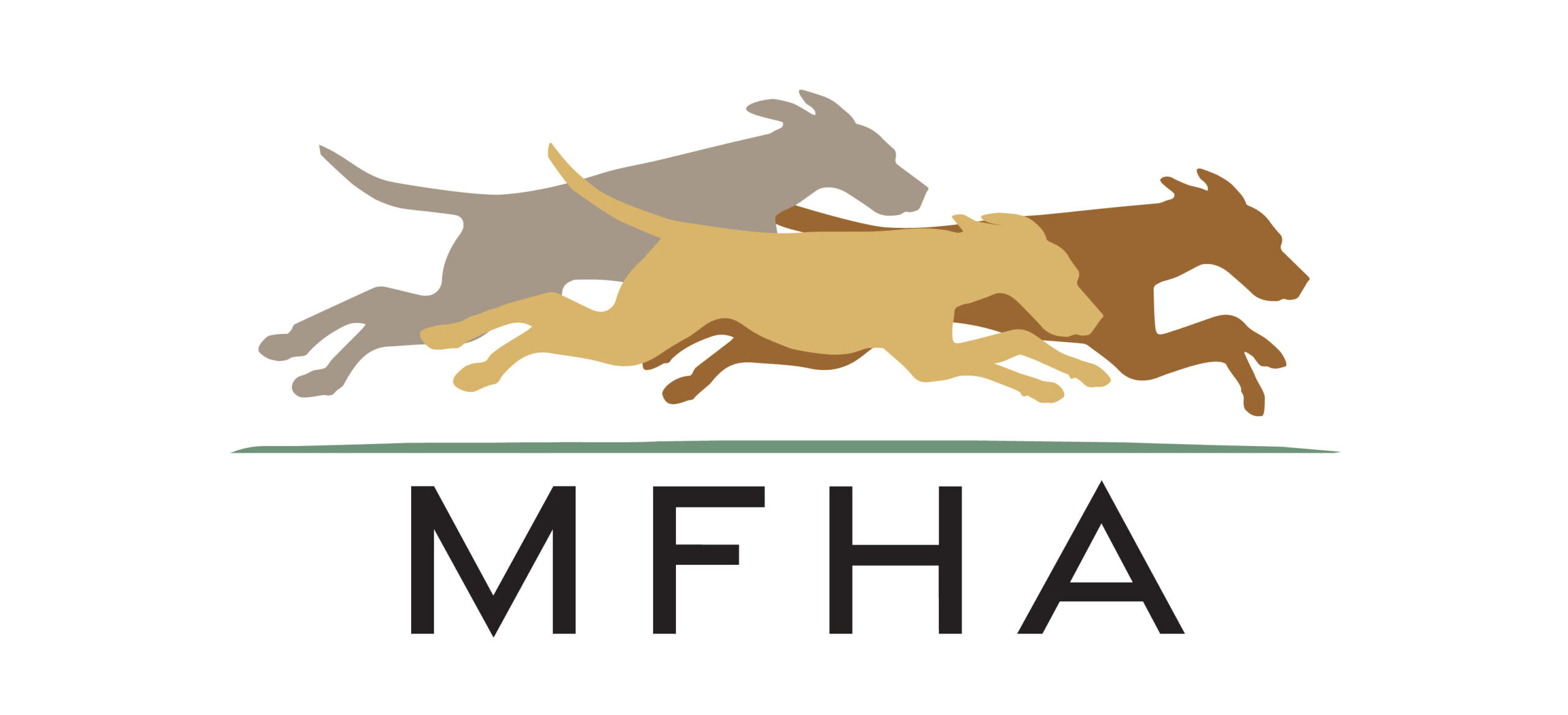Source: Goshen Hunt, Maryland/Delaware District
Purpose: Establish roles & procedures for hunt success & longevity
How it Works:
Regardless of whether a hunt’s leadership is through its masters or a board, the following proven guidance is offered by Goshen Hunt’s past board chairman, Martin Barrett.
- Roles & Objectives: clearly define overall roles and objectives of the board and each participant. What is the responsibility of the masters, secretary, treasurer, various sub-committees, etc.?
- Compliance: ensure the hunt is compliant with IRS, MFHA rules, state and local laws, etc.
- Education: what instruction should hunt members receive about hunt etiquette, hound care, hunt history, landowner relations, field emergencies, etc.?
- Income & Expense Scrutiny: examine each line item and ask, “Is that expense needed?” For income, “Is there an opportunity to earn more?” Analyze everything so at the year’s end it will boost the likelihood of being in the black not the red.
- Financial Plan: with findings from #4 above, set financial objectives for the year. Consider fund raisers, subscription fees, pack size, etc., so at year’s end it’s clear if objectives have been met.
- Write it Down: record roles, responsibilities, committee decisions, plans, procedures, landowner lists, etc., for clarity of action and to help new people get up to speed fast.
- Balanced Rigor: value-added rigor is of course a good idea, but don’t overdo procedures, plans, documentation, etc., to the point that members feel constrained to act with flexibility and freedom.
- All Hands on Deck: there’s no room on committees for people who just want to be on the roster. Everyone needs a responsibility and should chip in and help. To the extent possible, including members in events or subcommittees is also valuable.
- Rotation & Diversity: fresh ideas and energy come from rotating people in and out of roles. Even people without specific skills are valuable if they are committed to help.
- Annual Goals: every hunt can improve in some way. What are two or three valuable things that can be achieved in the forthcoming year? Martin kindly offers to visit hunts to further explain these Goshen Hunt best practices. He concludes with, “Clear leadership roles and guidelines, paired with committed members, will always lead to hunt improvements and success.”
For more information, contact the MFHA at 540-883-0883 or office@mfha.com
Entries posted with “Notes” are for information and education and represent the views, opinions, conclusions, recommendations and experiences of the submitting parties. Their inclusion does not constitute endorsement or warranty by the MFHA of the accuracy, applicability, fitness or completeness of the postings.
